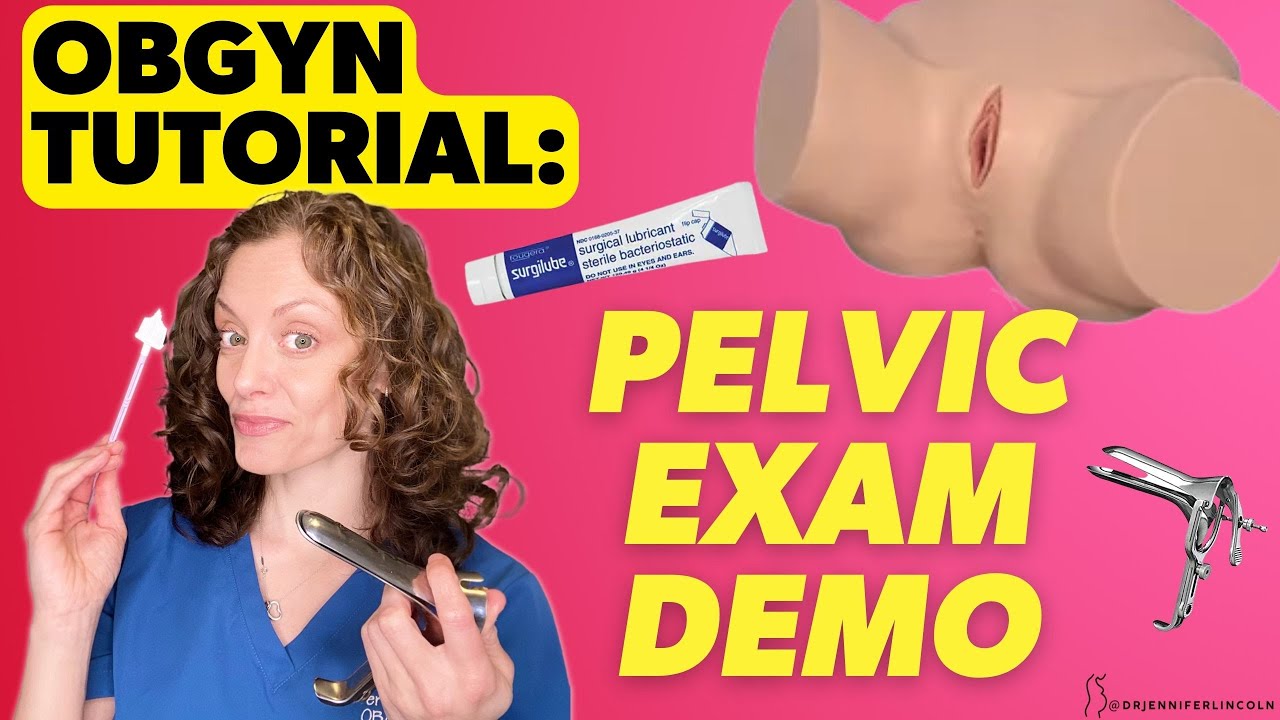Urinary incontinence (UI) is much more common than most might imagine, affecting nearly one-in-three women worldwide. UI, the occasional inability to prevent urine from leaking through one’s urethra, can have a deleterious effect on a woman’s quality of life, contributing to negative psychological effects like embarrassment, frustration, and anger.
There are many non-medicinal treatment options for the two most common types of urinary incontinence (stress and urgency). The primary measures that should be recommended to patients are lifestyle adjustments and physical exercises. Sufferers of UI should first adjust their liquid intake by examining and adjusting how often they drink beverages that may be strong diuretics, contain alcohol and/or caffeine, have a high acidity or citrus content, or are filled with many artificial ingredients.
An important next step in UI therapy is to perform pelvic floor muscle exercises. Strengthening the muscles of the pelvic floor area can combat leakage in urgency UI and improve resistance to common stress UI triggers like coughing, sneezing, laughing, and strong physical exertion. In extreme cases of UI, there are additional non-drug therapies that can help patients. These therapies include a pessary ring, periurethral bulking, and a minimally-invasive surgery to apply a suburethral sling to the urethra.
Leslie M. Rickey, MPH, MD Paid Consultant: PeriCoach





